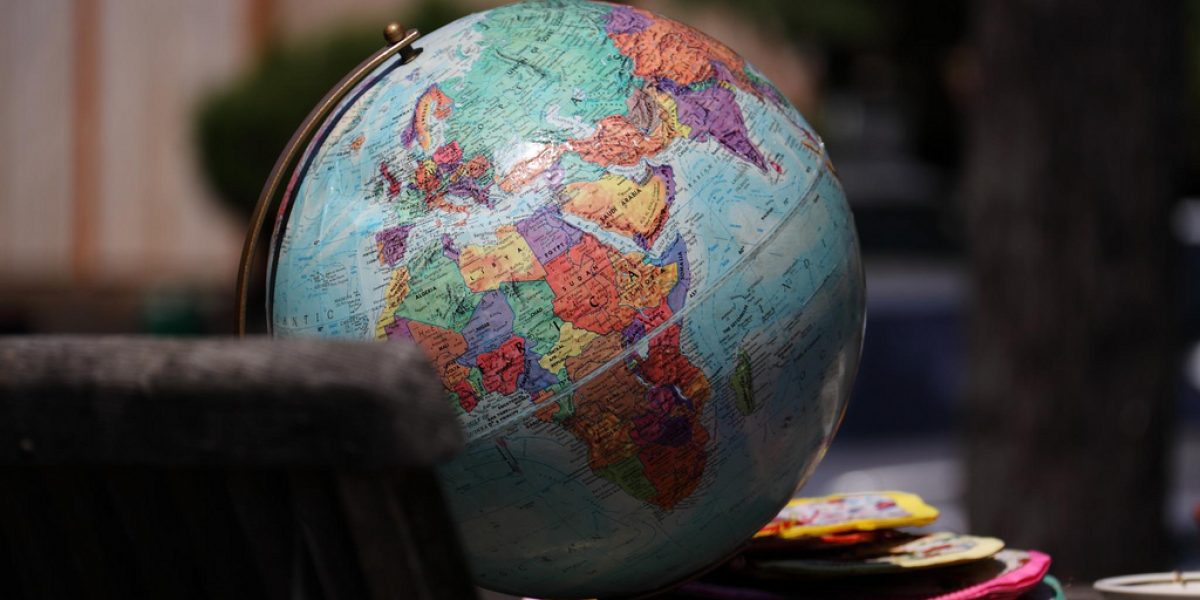Two papers examining what makes for effective anti-corruption systems, institutions and policies in Africa
Corruption remains a persistent problem in Africa, as it does around the world. It diverts public aid and state revenue to private pockets, and retards development efforts. All our countries have laws, rules and organisations to counteract corruption, but why do we seem to be making so little headway? Most states have installed supreme corruption-busting bodies, only to disembowel or dismantle them a few years later, often when they are close to bringing the powerful to book. Others claim that these institutions abuse their powers and conduct vendettas.
This month’s papers discuss some of the ingredients for building stronger systems. The first, by Professor AS Mawenya, a founder member of FACEIT, the Front Against Corrupt Elements in Tanzania, examines public procurement – the purchasing of goods and services by government departments or state-owned enterprises – which involves enormous sums of money, and therefore can provide avenues for corruption and dishonesty. Procurement fraud is behind many of the mega-scandals over the last decade in Kenya, Nigeria, Lesotho, South Africa and many other countries, both developed and developing. Rules can be bent and broken. He examines the raft of measures needed to tighten tendering.
The second paper is by Marianne Camerer, co-founder and international director of Global Integrity, an international non-governmental organisation that tracks anti-corruption systems. Drawing on international best practice, she argues that the conditions that need to be in place to ensure that anti-corruption reforms are effective, sustainable and not easily subverted include: data to inform policy and strategy; comprehensive legal and institutional safeguards to prevent corruption and promote public interest; and, hardest to secure, political will and ethical leadership. She advocates for an array of interconnected institutions and oversight systems, as well as active engagement by civil society, the media, governments and business.
Number 9, August 2008
Preventing Corruption in African Procurement
by Professor AS Mawenya
Number 10, August 2008
What Makes For Effective Anti-Corruption Systems?
by Marianne Camerer
SAIIA sincerely thanks those who acted as peer reviewers for these two papers.
Perspectives on Governance: Founded to promote public debate and research on crucial issues of public policy, the South African Institute of International Affairs (SAIIA) is pleased to send you these occasional papers that we hope will contribute to a more robust conversation about the nature of Africa’s governance challenges.








